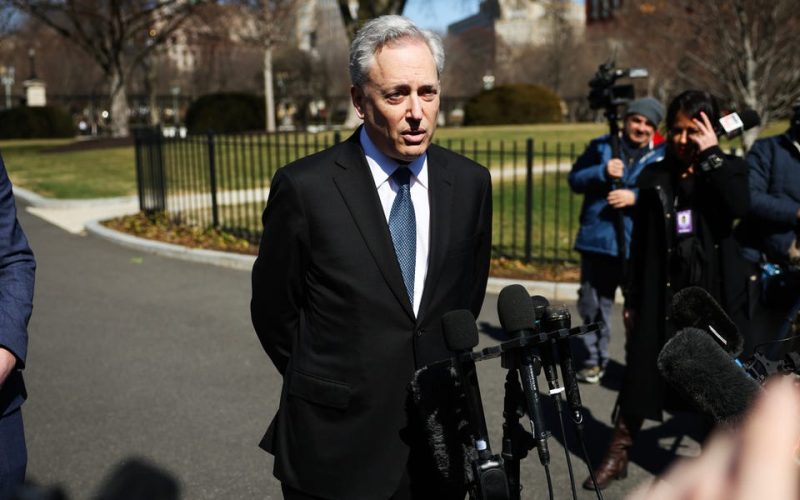In a recent statement, David Sacks, known for his role as the White House AI and crypto czar, has asserted that fears surrounding job losses due to artificial intelligence (AI) are significantly overblown. As advancements in AI technology continue to accelerate in 2025, many have speculated that we are on the brink of achieving artificial general intelligence (AGI)—a level of AI that could match human reasoning capabilities. However, Sacks emphasizes that the reality of AI development does not warrant the apocalyptic predictions often associated with it.
Sacks, a prominent tech investor who has backed major companies such as Airbnb, Facebook, and Uber, expressed his views in a post on X (formerly Twitter). He argued that the anticipated rapid progression of AI, particularly the notion that it will self-improve to achieve “godlike superintelligence,” has been exaggerated. He stated,
“None of this is to gainsay the progress. We are seeing strong improvement in quality, usability, and price/performance across the top model companies. This is the stuff of great engineering and should be celebrated.”
However, he cautioned against conflating this progress with doomsday scenarios.
One of the most prevalent concerns that Sacks addressed is the belief that AI will result in massive job losses. He pointed out that this outcome has yet to materialize because AI systems still heavily depend on human input for prompts and verification. Sacks remarked,
“This means that apocalyptic predictions of job loss are as overhyped as AGI itself. Instead, the truism that ‘you’re not going to lose your job to AI but to someone who uses AI better than you’ is holding up well.”
This perspective challenges the narrative that AI will autonomously take over jobs without human intervention.

Moreover, Sacks is not alone in his skepticism regarding the near-term impact of AGI. Andrew Ng, co-founder of Google Brain, voiced similar sentiments during a talk at Y Combinator in June 2025, stating that “AGI has been overhyped” and that there will always be tasks that humans can perform better than AI. Google CEO Sundar Pichai further elaborated on this idea in a recent podcast with Lex Fridman, coining the term “artificial jagged intelligence” (AJI) to describe the current state of AI technology. Pichai highlighted that while AI is impressively capable, it is still prone to basic errors.
As debates surrounding the implications of AI technology continue, it is crucial to approach the topic with a balanced perspective. While advancements in AI are indeed noteworthy and deserving of recognition, the predictions of widespread job displacement and existential threats appear to be exaggerated. Understanding the relationship between human skills and AI capabilities remains vital as we navigate this evolving landscape.
For more insights and updates on AI and its implications, you can refer to the original article on Business Insider.










